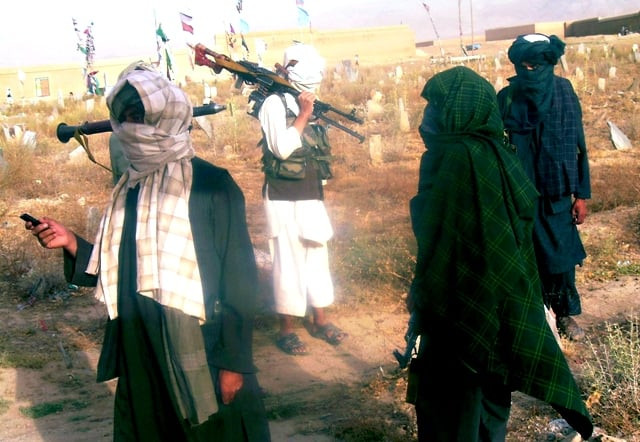Talking to the Taliban
If talks are taking place, it would imply that we now consider the US to be a far greater threat than the Taliban.

It is true that there has been a reduction in the number of terrorist attacks in Pakistan this year but that is no reason for us to be lulled into a false sense of security. We should be especially wary of any Taliban peace overtures at this time of the month. There is no way of knowing if the sudden desire for negotiation stems from a genuine desire to compromise or a need to survive the harsh winters of the tribal areas.
It is also very counterproductive that we would be so conciliatory towards the TTP at the same time that we are taking an increasingly hard line against the US. Not only have the Americans been forced to vacate Shamsi Airbase, the military leadership has now given orders that any drones flying in Pakistani airspace should be shot down. If talks indeed are taking place, it would clearly imply that we now consider the US to be a far greater threat than the Taliban. Equally clearly, that is a mistaken impression that we need to rectify before it’s too late.
Published in The Express Tribune, December 13th, 2011.














COMMENTS
Comments are moderated and generally will be posted if they are on-topic and not abusive.
For more information, please see our Comments FAQ